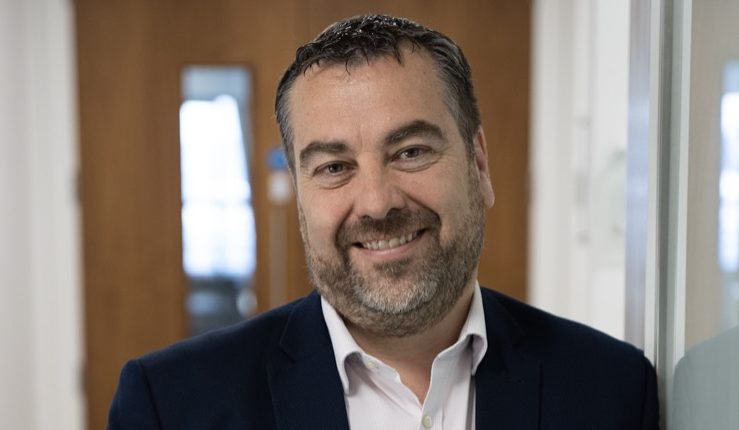£20m business fund welcomes new applications
A £20m Liverpool city region low-interest business loan fund invites new applications with only £4.6m having been invested so far. Tony McDonough reports

A £20m business fund set up in 2020 by Liverpool city region Metro Mayor Steve Rotheram is inviting new applications.
So far the Flexible Growth Fund, which offers flexible, low-interest loans, has invested a little over £4.6m in nine separate projects. Those projects are worth a combined £17m, having attracted more than £12m in matched funding.
This has led to the creation of 166 new jobs and has safeguarded a further 207. Fund manager River Capital says a further nine projects, worth a combined £11m, are seeking to borrow a further £4.2m.
At its most recent meeting the Combined Authority agreed to extend the scheme, part of Mr Rotheram’s Business Growth Package. Now it is putting the message out to local SMEs to apply to the fund.
“SMEs are the engine of our region’s economy, contributing millions of pounds and creating tens of thousands of jobs for local people,” said the Metro Mayor.
“I see the value that businesses bring to our area, the opportunities they create for people to get on in life – and the positive impact they have on the communities they operate in.
READ MORE: Time running out to apply for £1m SME fund
“That’s why I want to ensure that we’re helping to put them in the best position to succeed – because we know that when local businesses are given the support they need to thrive, the rest of our economy flourishes too.”
Loans are available to small and medium size enterprises (SMEs) undertaking expansion projects. They need to demonstrate they can raise 50% in match funding from the private sector. A total of £6.5m had been released into the fund as of December 2022.
River Capital chief executive Mark Borzomato added: “We have been impressed by the variety of growth projects presented by businesses across the whole of the city region and delighted to have been able to support their ambitions.
“An evaluation of the scheme shows that the initial tranche already drawn of £4.61m has attracted £12.4m in additional private sector investment – almost three times the targeted amount of match funding.”

